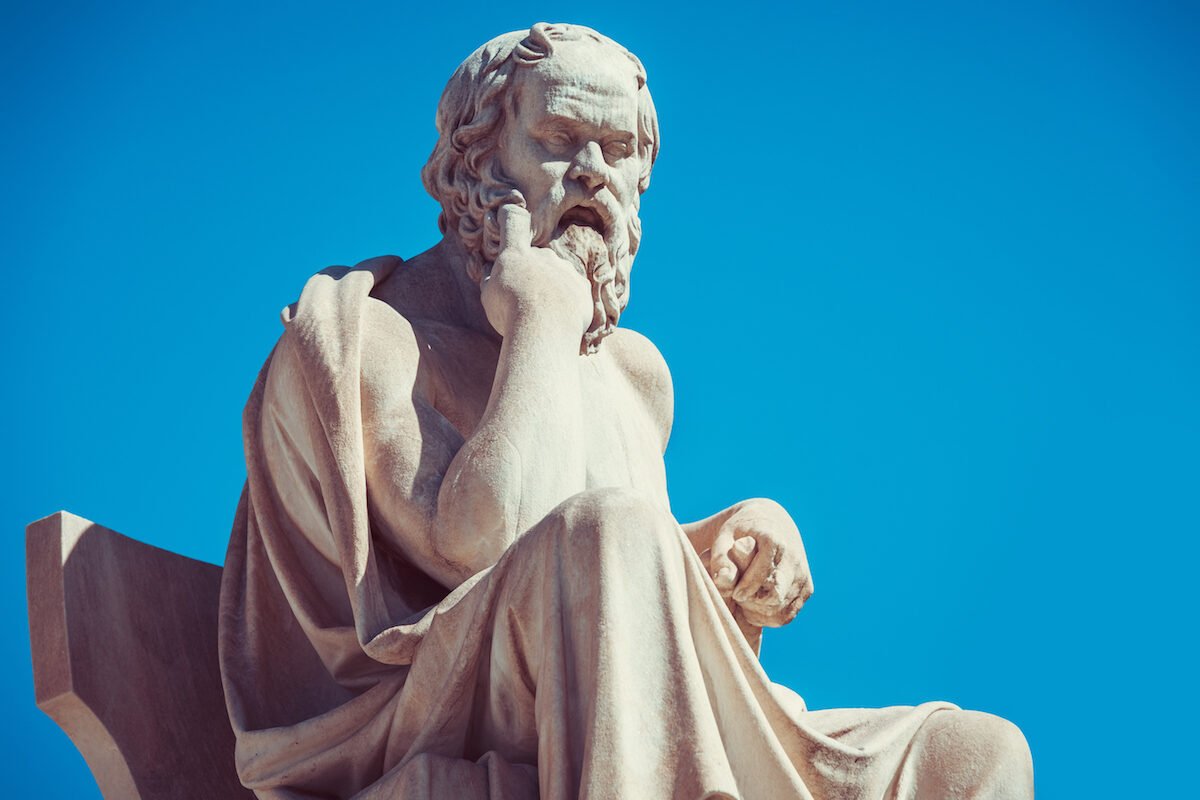There are some lawyers who believe that there is no necessary connection between morality and the practice of law. This is known as “legal positivism.” If you want to hire one of those lawyers, we recommend you proceed with care. There are some lawyers who believe in “legal realism,” the view that we should approach the law without making any moral judgments. There are still others who believe in anarchism, that one’s own personal morality is more important than the law. These are all beliefs that affect how one practices law and how one serves clients. Legal positivism, legal realism, and anarchism are all part of what can be called the Lex-Voluntas tradition. This is the view, as Russell Hittinger writes, that “holds that law binds human liberty because of the superior power or will of the legal authority.” In other words, this is the view that the legitimacy of the law rests ultimately upon will, and therefore power, whether of the king or of the majority ― or, simply stated ― might makes right.
Here, at our law firm, we reject this view. We disagree that the legitimacy of the law rests upon will or power. Instead, how we practice law is informed by what is known as the perennial Lex-Ratio tradition, which “contends that the intellect’s grasp of what ought to be done comes first; the force executing that judgment comes second, after the directive of reason.” In other words, we hold to the view that the legitimacy of the law rests upon reason. There are good reasons for the law, and these are reasons every person of every walk of life and of every culture can understand. If the legitimacy of law were based solely on will or power, then the majority would be legally allowed to violate the rights of minorities who have less power. We believe that, by basing the law upon reason, the minority can be protected against the tyranny of the majority or of those in power. Or, more simply stated, might does not make right.
We believe there is a necessary connection between the law and what is right and wrong. We believe the law involves moral judgments. We believe that our legal traditions and systems of checks and balances, built over generations by accumulated wisdom, have an importance that is greater than the changing personal opinions of the moment. The law is what makes order and liberty possible. It is only because of our commitment to a higher standard outside of ourselves, that we are able to make the commitment to Karl Llewellyn’s “Oath” for those in the Profession of Law as follows:
“In accepting the honor and responsibility of life in the profession of law, I engage, as best I can,
― to work always with care and with a whole heart and with good faith;
― to weigh my conflicting loyalties and guide my work with an eye to the good less of myself than of Justice and the People; and
― to be at all times, even at personal sacrifice, a champion of fairness and due process, in court or out, and for all, whether the powerful or envied, or my neighbors or the helpless, or the hated or the oppressed.”

